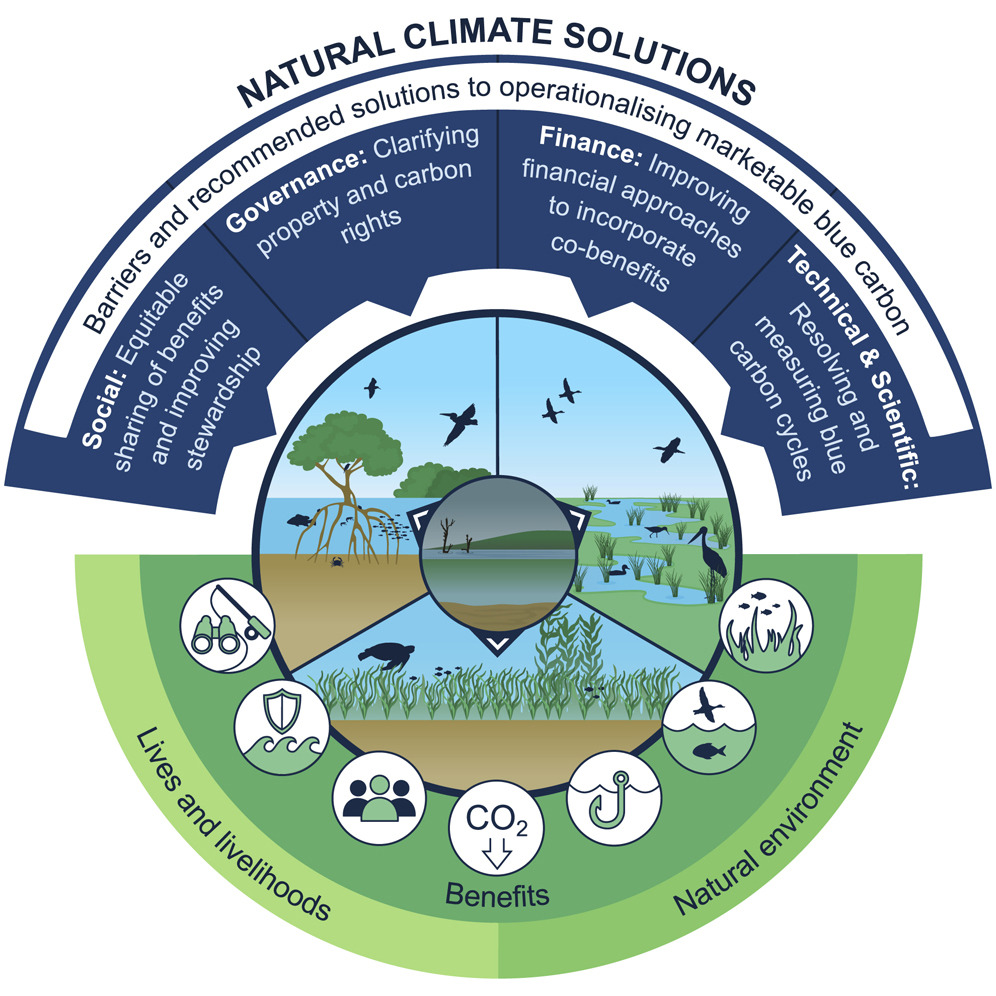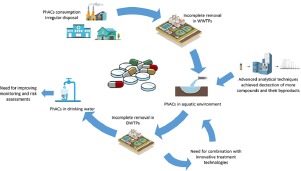Elsevier,
Comparative Biochemistry and Physiology -Part A : Molecular and Integrative Physiology, Volume 267, May 2022
This article advances SDG # 15 and SDG # 11 by looking at the impact captivity has on wild animals and help identify which species may be able to successfully transition to a captive environment.
Elsevier,
Advances in Nutrition, Volume 13, 1 May 2022
Water resources and climatic conditions are important in maintaining sustainable agricultural production. Clarifying the important role of food linking the water and carbon cycles promotes the development of sustainable agriculture. Different food consumption patterns, especially one involving a high proportion of animal-based foods, indirectly affect water consumption and green house gas (GHG) emissions. A diet with a high proportion of plant-based foods is confirmed to benefit the environment; reducing the current overconsumption of animal-based foods can both benefit human health and alleviate the climate and water crises. Furthermore, the implementation of an environmentally friendly diet requires consideration of nutrients, cost acceptability, and local food production conditions.
Elsevier,
Building and Environment, Volume 216, 15 May 2022
Reflects upon emergent challenges and opportunities of developing Positive Energy Districts (PEDs) in Europe. Combines attention to rapid implementation, context-specificity and replicability. Identifies three key themes to enable conditions for upscaling PEDs across contexts. The key themes are: framework conditions, prefiguration and emerging impact of PEDs. Combines expertise of PED-EU-NET core group, spanning PED initiatives across Europe.
Elsevier,
Cell Genomics, Volume 2, 11 May 2022
Marine plankton occur throughout the ocean and are major functional organisms involved in nutrient production and transfer. This paper surveys the global, sunlit ocean and recovers new genomes of species that are still uncultured and uncharacterized. This highlights the magnitude of yet unexplored ecology and diversity that remains to be discovered within the world’s oceans.
Elsevier, Chemical Engineering Journal Advances, Volume 10, 15 May 2022
Water pollution is the most serious problem threatening global water resources. The release of both natural and anthropogenic factors in the aquatic environment is affecting the quality of water bodies, with Contaminants of Emerging Concern (CECs) being one of the major issues. In recent years, the availability of robust and sensitive analytical methods has allowed the detection and identification of a wide variety of pollutants.
Elsevier, Food Policy, Volume 109, May 2022
Providing affordable access to enough healthy and safe food for an ever-more-affluent and growing world population has become more challenging in the face of climate change, rising income inequality and a more uncertain global trade environment. Agriculture is expected to contribute more, but is under pressure in both high-income and developing countries to do so more sustainably and inclusively. This paper reviews the roles of food policy in this changing setting.
Elsevier,
Current Developments in Nutrition, Volume 6, 1 May 2022
Since the first-ever tax on junk foods was passed in 2014 the same-day purchasing patterns and trends on the Navajo Nation have improved and more than one-third of shoppers who were aware of the Healthy Diné Nation Act (HDNA) legislation attributed healthier shopping habits to the legislation, particularly related to beverages.



